Hosted by
DASH | Delft Architectural Studies on Housing
DASH (Delft Architectural Studies on Housing) is a thematic journal that is wholly devoted to residential design. Inquiry into historical and contemporary projects and conditions is the central focus of DASH. New types of housing but also existing models and changing trends will be thoroughly charted and examined. The target is the future: with thought-provoking analyses, DASH aims to give new impetus to innovative housing design.
All Books
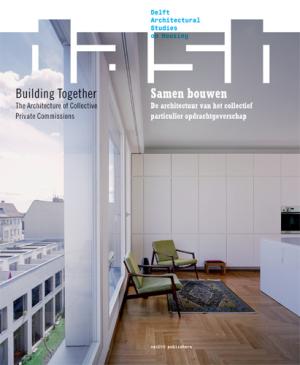
Are collective commissions the answer for the housing market?
Several municipal governments in the Netherlands are looking closely at collective private building commissions. By stimulating private individuals to form commissioning collectives, cities like Almere and Amsterdam hope to relaunch the jammed housing market. In this they are taking a step towards what has been routine in Germany for many years under the name Baugruppen. DASH Building Together examines, in several essays...
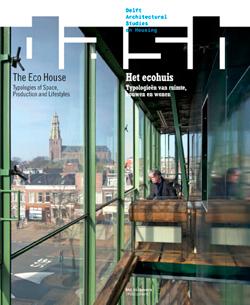
Construction is responsible for about 20 per cent of total carbon dioxide emissions and 30 per cent of energy demand; this ranks it alongside the chemical and transport industries among the biggest polluters. Sustainability is therefore one of the most significant issues for designers and architects, as well as a challenging field for innovation and research.DASHgoes in search of the ideal eco house: from solar houses to Superuse, from Cradle-to- Cradle to support-infill systems and...
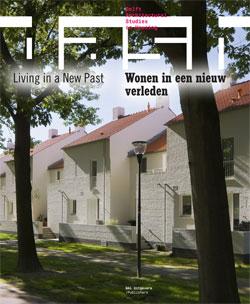
What are the reasons for architects in different times, regions and circumstances harking back to images, forms or construction methods from the past? And what means do architects employ in order to achieve the intended effect? These are the pivotal questions in this sixth issue of DASH. Reverting to the architectural past is hardly a new phenomenon. Old forms have served as inspiration at many junctures in the history of architecture: as a protest against dominant views, as a means to...
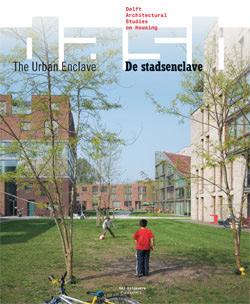
The idea of the pluriform city seems more current than ever. Society was still homogeneous 50 years ago; today highly divergent modes of life and culture are all seeking a place within our cities. The Urban Enclaveis the product of an investigation into large-scale housing projects in the inner city, both historical and contemporary. This calls for a city with differences of its own, distinctive parts in which like-minded people can find one another, connected to the greater whole, but...
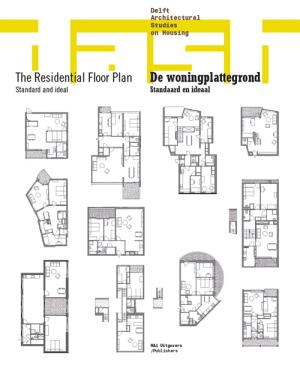
This edition of DASH searches for about the best floor plan between standard and ideal. One that meets the (changing) needs of the resident, and is optimal for architects and real estate entrepreneurs. A housing that meets both individual needs, but also benefits from the production scale and technical advantages of standard housing. Is a merger of these requests possible?DASH investigates and comes up with new ideas.
Though mass customization has for some time been the magic word...
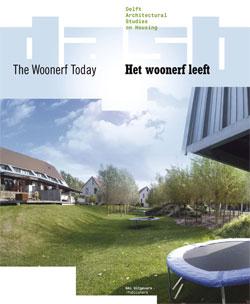
With its recognizable structures, informal surrounding spaces, special traffic rules and widespread application, the concept of the woonerf or home zone came to prominence in the Netherlands in the 1960s and 70s. It represents one of the most characteristic concepts with regard to the design of residential areas and has become firmly rooted socially. The underlying themes of the woonerf small-scale collectivism, greenery and ecological patterns along with the connection between outdoor...
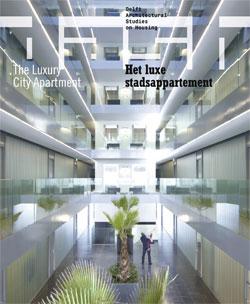
The second issue of DASH focuses on the emergence of the luxury city apartment. The articles range from historical explorations of luxurious apartments built in Paris and London in the late 19th century and the full-service apartments realized in The Hague in the early 20th century to the emergence of enclaves for the wealthy in Brazil. There is also an article comparing the Dutch market with the market in Berlin and an account of the turbulent history of a luxury apartment complex in the...
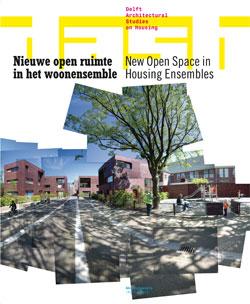
DASH (Delft Architectural Studies on Housing) is a new journal that is wholly devoted to residential design. The point of departure is the Dutch tradition and contemporary practice, but the journal also addresses international developments. DASH will be published twice a year in a bilingual English/ Dutch edition.
This first issue of DASH is about semi-public space around residential buildings, which is publicly accessible in principle, while at the same time it has a more private...
